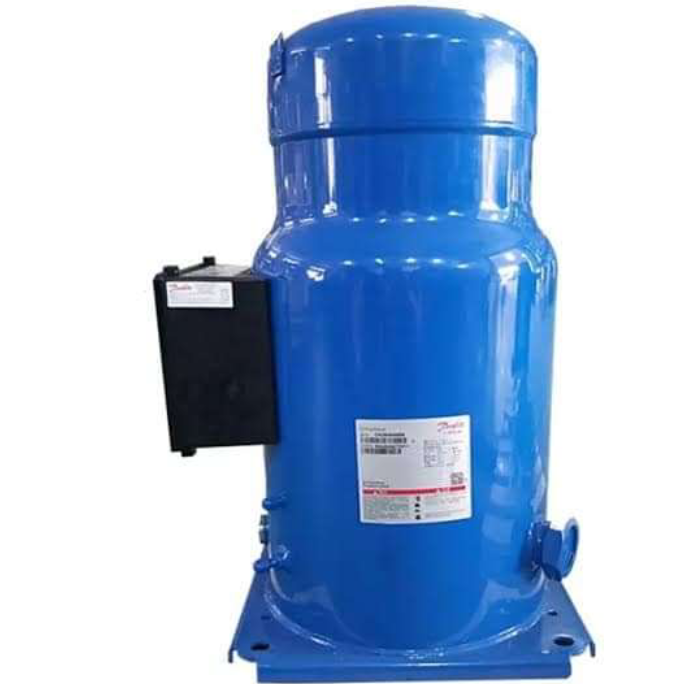
Compressors are essential devices that play a crucial role in various industries, from manufacturing and construction to refrigeration and air conditioning. They are used to increase the pressure of a gas or air, making them versatile tools in many applications. In this comprehensive guide, we’ll talk about the different types of compressors, their functionalities, and where they are commonly used.
1. Reciprocating Compressors
Reciprocating compressors, also known as piston compressors, work on the principle of reciprocating motion. They use one or more pistons to compress gas by moving back and forth inside a cylinder. These compressors are commonly found in home refrigerators, small air compressors, and various industrial applications.
2. Rotary Screw Compressors
Rotary screw compressors use two rotating screws to compress air or gas. They are known for their efficiency and reliability, making them ideal for continuous and heavy-duty applications. Industries like manufacturing and automotive heavily rely on these compressors.
3. Scroll Compressors
Scroll compressors feature two spiral-shaped scrolls – one fixed and the other moving. When the moving scroll orbits, it creates a series of air pockets that gradually decrease in size, compressing the gas. These compressors are compact, making them suitable for air conditioning systems and small refrigeration units.
4. Centrifugal Compressors
Centrifugal compressors use high-speed rotating impellers to accelerate the air, which is then slowed down in a diffuser to increase its pressure. These compressors are known for their high flow rates and are commonly used in large-scale industrial applications, such as power generation and chemical processing.

5. Diaphragm Compressors
Diaphragm compressors use a flexible diaphragm to displace gas and create compression. They are ideal for handling hazardous or toxic gases due to their excellent containment properties. Diaphragm compressors are used in chemical and pharmaceutical industries.
6. Axial Compressors
Axial compressors use rotating blades to compress air or gas, providing continuous compression. They are commonly found in aircraft engines, gas turbines, and some industrial applications due to their ability to handle high flow rates.
7. Vane Compressors
Vane compressors feature a rotor with slots that hold vanes. As the rotor turns, the vanes slide in and out, creating compression. These compressors are used in small-scale applications, including dental and medical equipment, as well as some automotive systems.
8. Liquid Ring Compressors
Liquid ring compressors use a rotating impeller partially submerged in liquid, creating compression as the liquid forms a ring around the impeller. They are commonly used in applications that involve handling wet gases, such as vacuum systems and the petrochemical industry.
9. Jet Compressors
Jet compressors operate by using high-pressure gas to entrain and compress a low-pressure gas or vapor. They find applications in steam ejectors and are often used for vacuum generation.
10. Dynamic Compressors
Dynamic compressors include both centrifugal and axial compressors. These compressors work based on the dynamic action of rotating components to achieve compression, and they are known for their ability to handle high flow rates.
Compressors are indispensable in countless industries, each type catering to specific needs and requirements. Whether you need a compact compressor for your home air conditioning unit or a high-capacity compressor for an industrial plant, understanding the different types is essential. By choosing the right compressor, you can ensure efficient operations, energy savings, and increased productivity in your applications.
This guide has introduced you to the world of compressors, and we hope it serves as a valuable resource for your compressor-related decisions. Knowing the types and their applications is the first step in making informed choices for your specific needs.
Leave a Reply